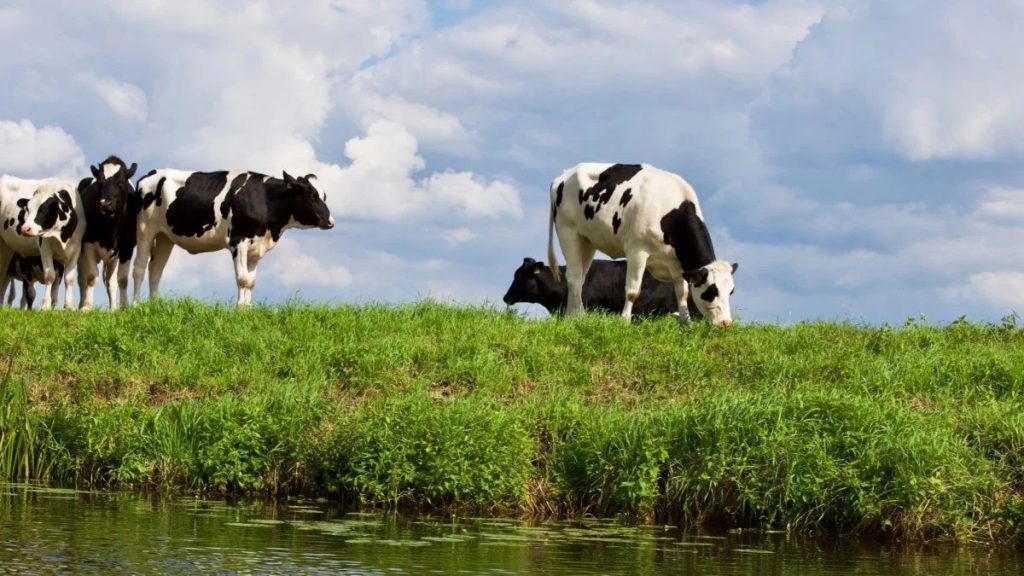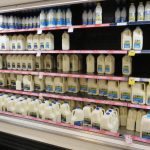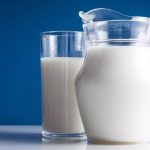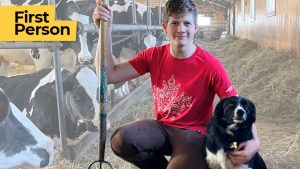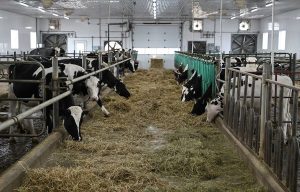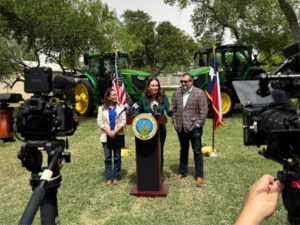
The controversy, dubbed “buttergate,” arose in recent weeks from online discussions of why butter wasn’t getting soft at room temperature. That led Dalhousie University professor Sylvain Charlebois to write in the Canadian Grocer last month that, “since last summer, thousands of dairy farmers have been using livestock feed that has palm oil in it,” calling it the “most plausible reason” for the hardness of butter.
Farmers have been using palm byproducts for years, but the topic came up because consumers are cooking and baking more, particularly during the second wave of the pandemic, Wiens told iPolitics on Friday.
Wiens says the palm fat is a good supplement for dairy cows, and farmers only use it in small amounts to give them more energy and to balance a dairy cow’s diet. The palm byproduct is a powder added to cattle feed. A cow with more energy is likely to produce more milk.
Last month, the DFC announced they were striking a committee to study if palm oil was making butter harder.
“We have heard the concerns, and we want to respond to that, and we want to get down to the science,” Wiens said.
The working group will include academics from universities across the country who study animal health, milk composition, dairy processing, and human health, Wiens said. There will also be a member from the Consumers’ Association of Canada to ensure consumers’ concerns are being addressed. Wiens says the group will be named in the next few days and he expects a report within months, given the sensitivity of this issue.
This week, reports have surfaced from academics debunking “buttergate,” first in the Globe and Mail by Martin Scanlon, Kees Plaizier, and Rick Holley, who argued that “palm oil is definitely not responsible for any recent changes in butter hardness.” As noted in the opinion piece, all three academics have received funding from the DFC and the Dairy Farmers of Manitoba.
Stephen LeBlanc wrote in The Conversation Canada that there’s no evidence to suggest palm supplements in cattle feed make butter harder. LeBlanc has also received research funding from the DFC in the past.
“Palm oil is an approved ingredient for livestock feeds in Canada,” Cameron Newbigging, a media-relations adviser at Agriculture and Agri-Food Canada, said in a statement to iPolitics.
“In Canada, palm oil is used by producers to balance a cow’s rations, to offset nutritional shortfalls in the hay or forage, or to achieve a desired butterfat level in the milk.”
Newbigging added that palm byproducts are safe for animals.
Alastair MacGregor, the NDP’s Agriculture critic, told iPolitics that as soon as the controversy started, the DFC were quick to issue a statement on the matter. He said the Agriculture minister is scheduled to appear before the House of Commons Agriculture committee, and “buttergate” may come up in talks about strengthening the regulation of animal-feed content.
